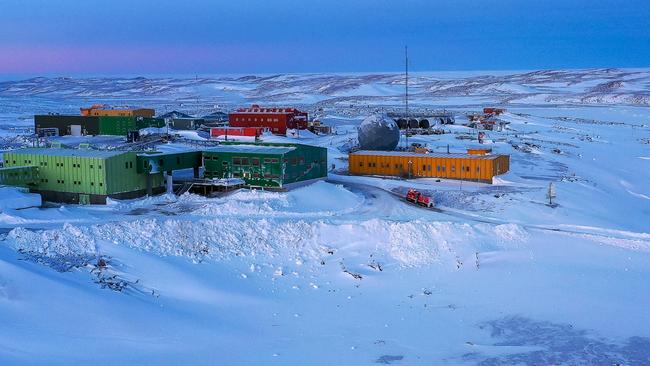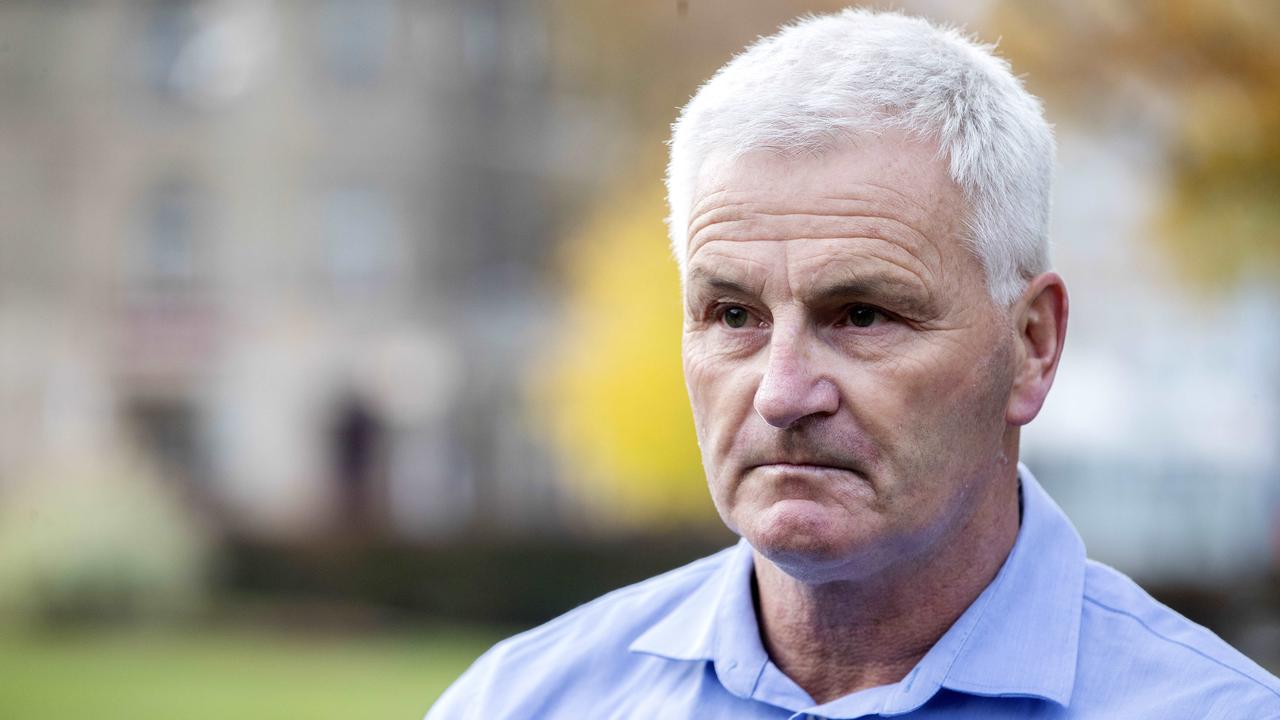Researchers in Antarctica virus free and iced in until November
The 70 people — and one doctor — stationed on the frozen continent are virus free and locked in by ice until November.
Coronavirus
Don't miss out on the headlines from Coronavirus. Followed categories will be added to My News.
DOZENS of researchers in Antarctica are iced in until November and the Australian Antarctic Division’s chief medical officer hopes there is a coronavirus vaccine available by time they return.
“The virus might still be around when they emerge,” Dr Jeff Ayton said.
“We set up controls in late January to ensure there was no risk of people becoming infected and some people wanting to go to Antarctica were turned away due to where they had travelled prior.
“There are 27 people at Casey, 24 at Davis and 19 at Mawson and one medical officer.
“We routinely close the stations at this time of year and being such an isolated environment with limited medical supplies we had to put in strict controls.
“We could have been overwhelmed if not. There is a single doctor and people are living cheek by jowl in a single building.
“No continent is immune but I am confident they are safe from the virus.”

It was announced on Thursday that two major international Antarctic meetings due to be held in Hobart this winter have been cancelled to limit the spread of the coronavirus.
GIL REVEALS FATE OF AFL SEASON
The meetings of the Scientific Committee for Antarctic Research and the Council of Managers of National Antarctic Programs were expected to bring more than a 1000 Antarctic scientists and operations experts from around the world to Hobart between July 31 and August 11.
The Chair of the Local Organising Committee, Rob Wooding from the Australian Antarctic Division, said the decision has been taken with due regard to Tasmanian state and commonwealth health advice and in consultation with the international Executive Committees of the two organisations.
“While it is very disappointing to have to take this step, the health and wellbeing of the people in the Antarctic sector and the Tasmanian community is paramount,” said Dr Wooding.
“We hope that the Antarctic gateway city of Hobart will be considered as the host for future meetings of SCAR and COMNAP.”


